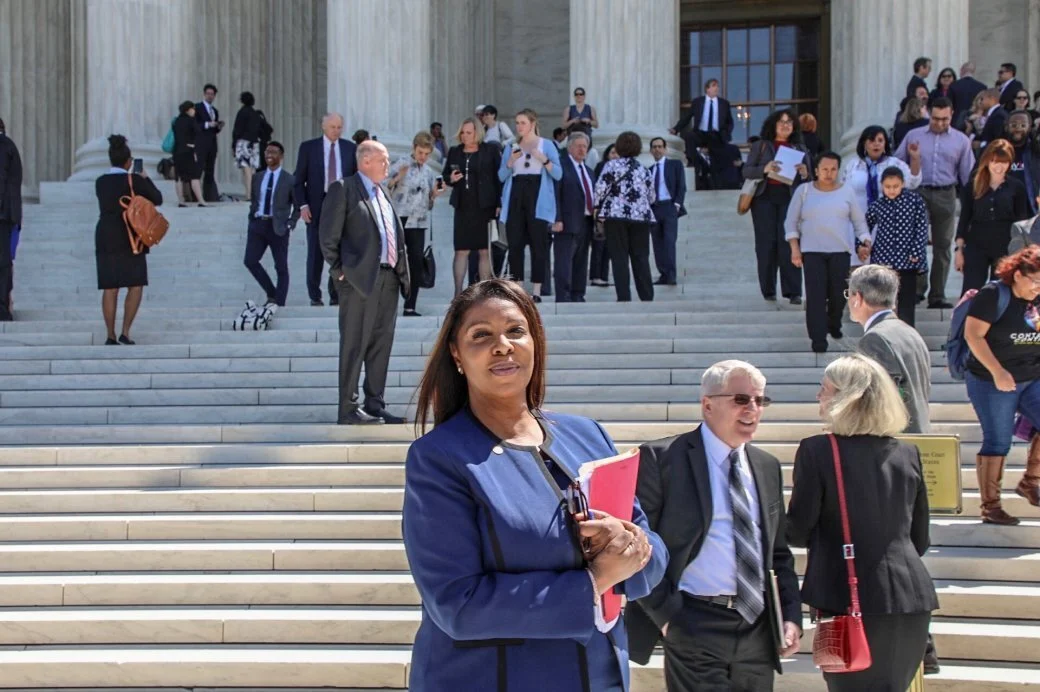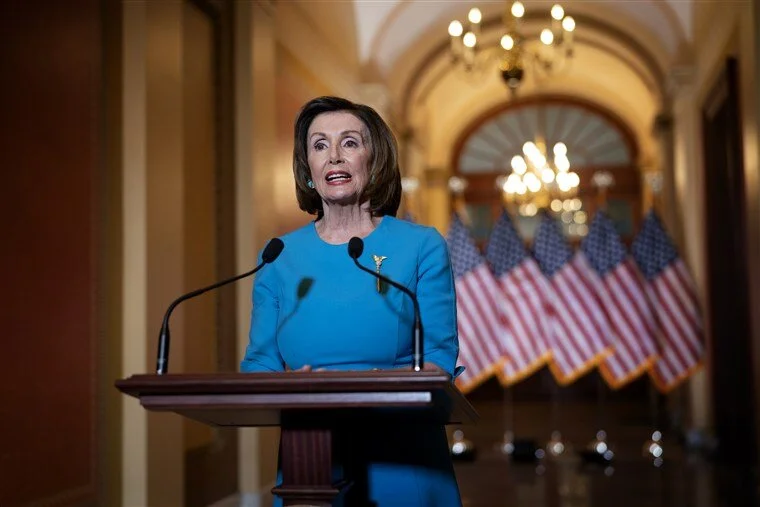Tony Martino, Utica College cyber center director, says Amazon, Apple, Facebook, & Google unlikely to face anti-trust regulation following Congressional hearing By Luke Perry
Chief executives from Amazon, Apple, Facebook, and Google, recently faced five hours of questioning before Congress during a House Antitrust Subcommittee hearing. Democrats and Republicans expressed a range of concerns and criticisms from these companies’ alleged efforts to stifle competition to their outsized influence on information and public debate.
The hearing was part of the subcommittee’s investigation into these companies that begun last year. The CEO’s defended themselves in “rags-to-riches success stories, made possible only through American ingenuity and the sustained support of their ever-growing customer bases.”
Tony Martino, Director of the Northeast Cyber Forensics Center at Utica College, said that anti-trust was the overarching issue. “Are these businesses unfairly competing essentially as a monopoly?”
The majority of sales from Amazon are third party sellers who sell through the platform. Martino told Talk of the Town (WUTQ in Utica) that once a product does well on their website, Amazon then begins to manufacture and sell that same product themselves, putting the third party seller at a disadvantage because of the fees they have to pay to access the platform.
“If you’re looking for legal points in that hearing,” Martino observed, “don’t waste your time.” The hearing was rife with members of Congress wanting to be heard with an eye to this year’s campaign. “No one got down to the elements of what a criminal act of creating monopoly would be,” Martino said.
Jeff Bezos, CEO of Amazon (Flickr/Dan Farber)
Martino does not expect anti-trust regulation of these tech companies. Major anti-trust cases, such as AT&T, are very different from the world today. Martino said that “AT&T was a monopoly because they owned the infrastructure,” such as telephone poles and wiring. Other companies could not compete with this.
There is more competition today. No one company owns the infrastructure. “The presence of these companies at the top can be unseeded tomorrow morning,” Martino said.
Social media is particularly fluid. Five years ago, Martino explained, no one would label My Space a monopoly. Facebook may be in a similar situation five or ten years from now.
Sundar Pichai, CEO of Google (wikimedia)
The collection and use of data was another point of contention in the hearing. Google has “an enormous amount of data,” which “would probably make the National Security Agency jealous,” Martino said. The data fuels their business, which is advertising. Google’s search engine is so effective because they know so much about the person conducting the search.
Martino believes that the debate over Google is shifting from advertising to search results, which are also targeted. Google faced criticism for “not telling the whole story,” Martino said, and not showing people “the whole university of options for a search,” and instead “narrowing down to what you believe aligns with my values and interests.”
Though political theater filled the hearing, it may portend future challenges for the four companies, given the bipartisan frustration on display, and the bevy of investigations these companies face around the world. The House Antitrust Subcommittee expects to issue its full report later this month.
Luke Perry (@PolSciLukePerry) is Professor of Government at Utica College







